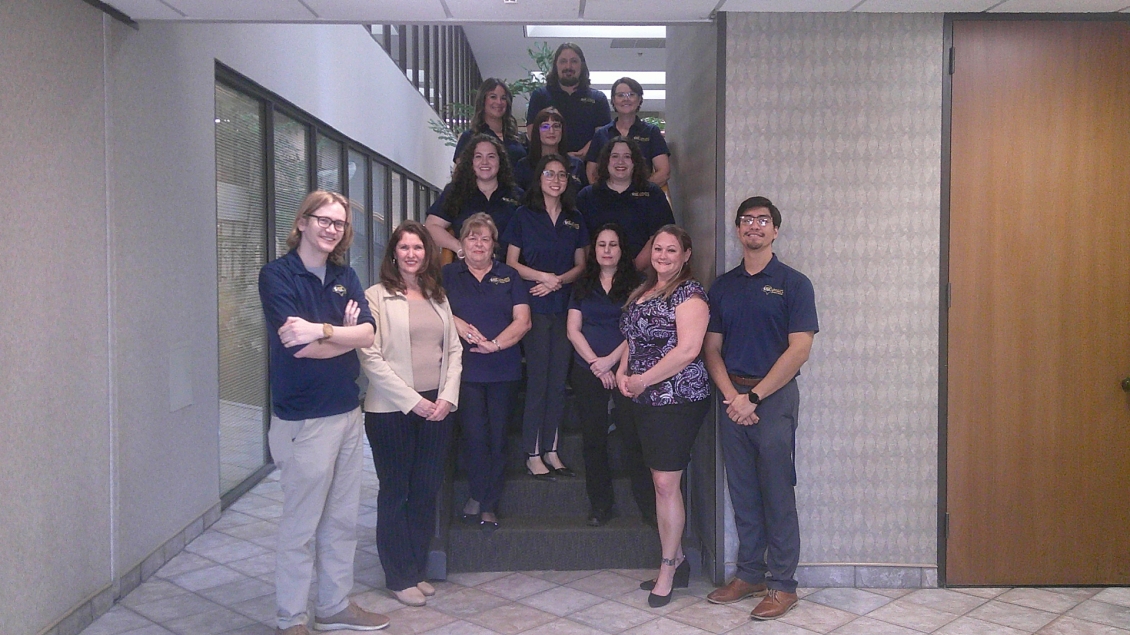
Overview
Stroke, also called a brain attack, happens when the arteries leading to or located within the brain are blocked or rupture. The BASIC Study, Brain Attack Surveillance in Corpus Christi, is designed to identify and study stroke patients in Nueces County, Texas. For more than 20 years, through its partnership with the community, BASIC has resulted in many important scientific discoveries.
In the medical community, Corpus Christi is well-known for its contribution to stroke research. Residents of Nueces County should be proud of their contribution to medicine!
BASIC aims to continue to answer important questions about stroke, including the differences in stroke risk and stroke outcomes between non-Hispanic whites and Mexican-Americans. It is the nation’s only major study of stroke in Mexican-Americans.
The study is conducted by the University of Michigan and funded by the National Institutes of Health. Study personnel work closely with Corpus Christi hospitals.
Corpus Christi, TX 78411
- Sudden numbness or weakness of the face, arm, or leg (especially on one side of the body)
- Sudden confusion, trouble speaking or understanding speech
- Sudden trouble seeing in one or both eyes
- Sudden trouble walking, dizziness, loss of balance or coordination
- Sudden severe headache with no known cause
IMPORTANT: Call 911 immediately if you or someone else has any of these symptoms.
- High blood pressure
- Heart disease
- Smoking
- Diabetes
- High cholesterol
- Sleep apnea
Sleep apnea is a condition where you stop breathing while you sleep. Typically, this is because the back of the throat relaxes too much and collapses. When it collapses, air can’t get through. This can happen hundreds of times a night without your knowing it. While your breathing is stopped, your blood oxygen level may go down. This can cause serious health problems. Your brain also tries to wake you up to get you breathing again, so this can decrease the quality of your sleep.
We select patients who have had a possible stroke. Only patients age 18 or older and who live in Nueces County are selected.
Data will be collected from your medical records. Patients are asked to take part in interviews with one of our research assistants following their illness and again at 90 days after their illness. During the interview, you will be asked questions about your medical history as well as other general questions about you. You will also take part in some memory testing. If you are unable to participate in the interview, we may ask a family member to complete the interview.
If you agree, you may also be eligible to participate in a sleep test. Our project uses a convenient, portable sleep test (the Nox A1 PSG System) to evaluate multiple aspects of your sleep. The test provides information about amount of sleep, time spent in different sleep stages, time spent awake after initial sleep, breathing during sleep, and oxygen drops during sleep. You will wear this device for (typically) one night in the comfort of your home. There is no charge to you or your insurance company for the test, and you will be compensated with $100.
During the last decade, our study has reported many important findings using the data collected in Nueces County including the following:
- Previously documented ethnic differences in the occurrence of stroke have ended as a result of declining rates in Mexican-Americans and increasing rates in non-Hispanic whites.
- We’ve observed sharp declines in stroke recurrence, especially in women over the last 20 years.
- Mexican-Americans continue to have worse functional, cognitive, and quality of life outcomes compared with non-Hispanic whites.
- Sleep apnea is very common among those with stroke with more than two-thirds having sleep apnea. Having sleep apnea is linked to worse physical functioning and worse thinking three months after stroke, and a higher risk of having a second stroke.
- Mexican-Americans require more post-stroke help compared with non-Hispanic Whites.
- Post-stroke depression is common and should be continually monitored.
Stroke is the leading cause of disability and the fifth leading cause of death in the United States. Each year, about 700,000 people suffer a stroke. Your participation in this important study will help doctors and researchers improve their understanding of strokes so that they may better help patients in the future. Also, if doctors have a better understanding of the differences in stroke risk between Mexican-Americans and non-Hispanic whites, they may be able to develop more effective educational materials targeting stroke prevention and recovery.
If you agree to the sleep test, you will receive the results of the testing at no cost to you or your insurance company. This will provide information about your sleep including information about sleep apnea.